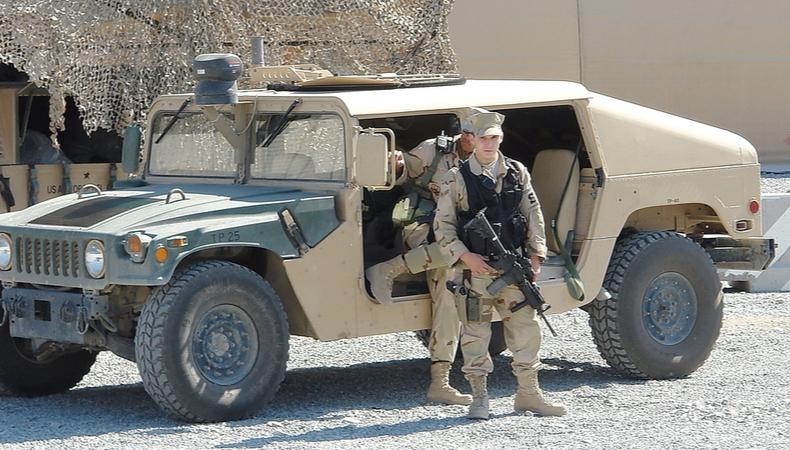Iraq towards elections, concerns about US withdrawal grow

Popular religious leader Muqtada al Sadr was furious when he decided to boycott the upcoming Iraqi elections. In a speech broadcast on television, Al Sadr warned Iraqis and warned them of the possibility of a fate similar to that of Afghanistan and Syria. Immediately after his speech, all the politicians of his coalition announced the withdrawal from the next election.
Today Al Sadr controls the largest block of the Iraqi parliament, with 54 deputies out of 325 seats. A few weeks ago, his followers expected to win 100 seats in the next parliament: the coalition would have had the opportunity to shape the future government with such numbers. The next round of elections, scheduled for October 10, will be the fifth since 2003. But the main parties, like the Sadrist one, behave very nervously, and five other coalitions have announced a boycott of the elections.
Some parties behind the scenes have attempted to postpone the consultation to April 2022. An expanded political meeting is planned “shortly” in Baghdad. It should involve party leaders, along with Prime Minister Mustafa al Kadhimi, to decide whether to hold the elections in any case on the established date or to postpone them. To give more time to the mediation attempts underway with the forces and convince them to get back into the race.
The UN Secretary General’s Special Representative for Iraq, Jeanine Hennis-Plasschaert, was more optimistic about the election. In a speech to the Security Council on August 25, you declared that the polls are “of great importance for the future of Iraq, and boycotting them is not an effective strategy.” Earlier this week, the Democratic Party of Kurdistan (PDK) and the Da’wa party of former Prime Minister Nouri al Maliki, in a joint statement, called for the votes to take place according to the established schedule.
According to the Iraqi public opinion, the United States has failed to build a state in Afghanistan, even in the face of 20 years of occupation in which profound political and social changes have taken place. Similarly, the United States also failed in Iraq, after 18 years following the 2003 invasion to oust Saddam Hussein then in power. Hence the comparison between Afghan and local history, with the understandable fear that the same scenario could occur as explained in recent days by a Chaldean priest from Mosul.
There are no official positions or initiatives by the Baghdad government, which prefers to keep a low profile on the rise of Koranic students in Kabul. However, the radical Islamic movements are not unbalanced. At the same time, some observers come to speak of “contempt” on the part of the self-styled Islamic State towards the Taliban, who handed over the country following the American withdrawal. The general public, and users on social networks, instead relaunched images and videos of the great escape, with the resulting chaos at the capital’s airport, wondering if this could also happen in Iraq.




